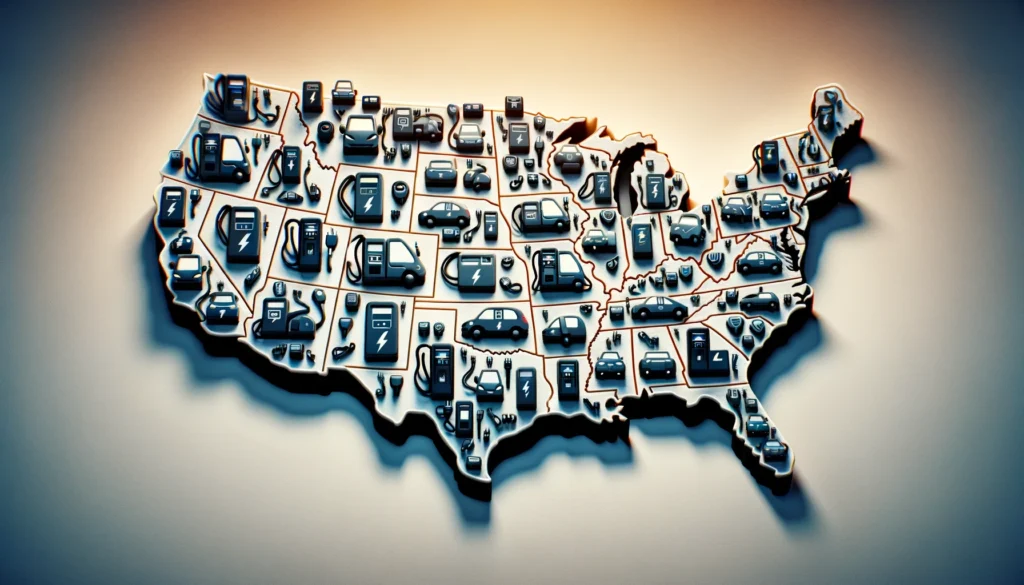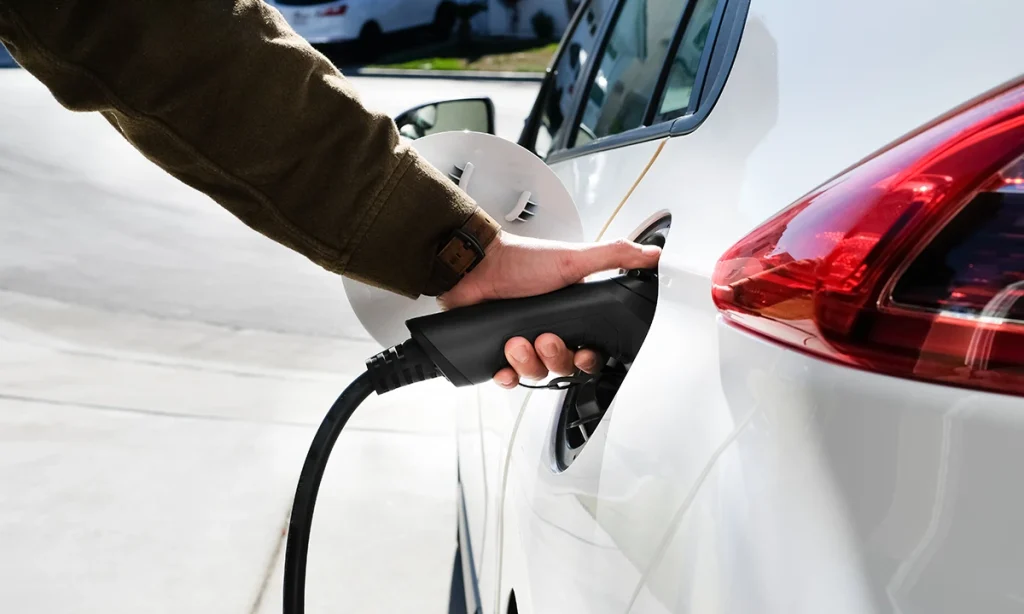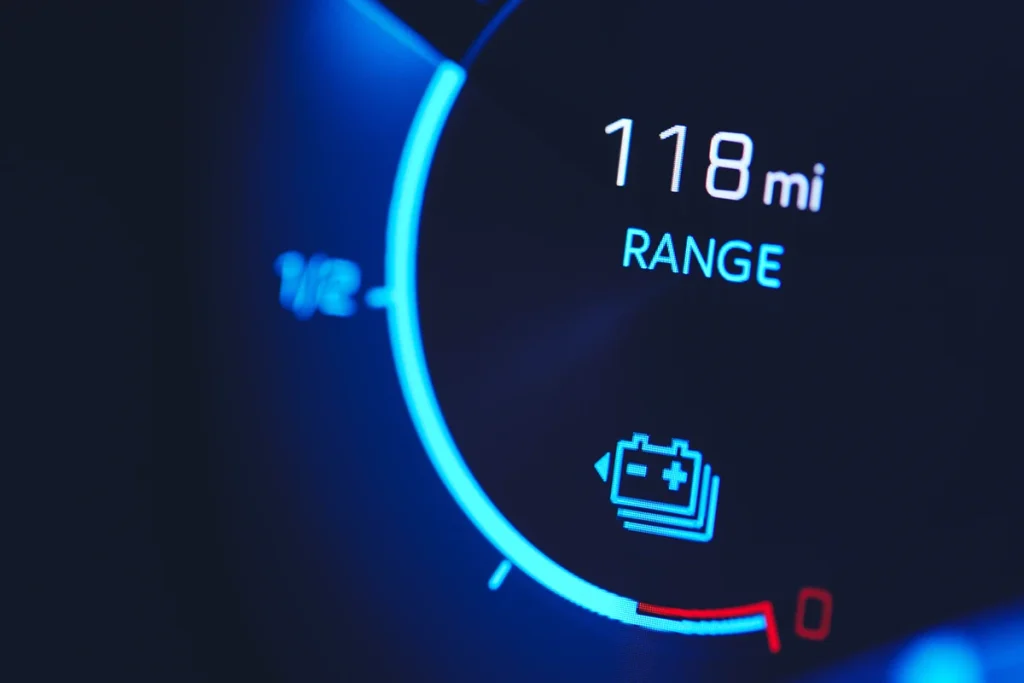In a decisive move toward bolstering the electric vehicle (EV) revolution in the United States, the Department of Transportation (DOT) has unveiled a groundbreaking initiative—$623 million in grants dedicated to enhancing EV charging infrastructure nationwide. This significant investment reflects the Biden administration’s commitment to propelling the adoption of electric vehicles, addressing critical challenges such as charging accessibility and steering the country toward a cleaner, more sustainable future.
The Current EV Landscape
Transportation Secretary Pete Buttigieg set the tone for the announcement, emphasizing that the electric vehicle revolution is not on the horizon; it is undeniably here. As the Biden administration aspires to install 500,000 chargers across the country by 2030, the DOT’s allocation of $623 million in grants represents a pivotal step toward this ambitious goal.
Scope of the Grants For EV Charging Ports
The grants will support 47 projects spanning 22 states and Puerto Rico, with a deliberate emphasis on rural areas and underserved communities. The overarching objective is to construct approximately 7,500 new EV charging ports, providing a comprehensive and accessible charging network. This strategic allocation aligns with the Biden administration’s commitment to ensuring that the benefits of the electric vehicle transition extend to all corners of society.
Charging Infrastructure and the EV Market
Despite the growing popularity of electric vehicles, the adoption rate has faced obstacles such as high vehicle prices and insufficient charging infrastructure. This aims to address these challenges by facilitating the creation of a robust and reliable charging network. Shailen Bhatt, the administrator of the Federal Highway Administration, highlighted the importance of this charging infrastructure in catering to diverse needs, from local business owners to freight truck operators.
EV Charging Station Project Highlights
The DOT’s grants cover a diverse array of projects across the country. Notable examples include a $10 million allocation to the New Jersey Department of Environmental Protection for charging stations in multi-family housing in disadvantaged and rural communities. Maryland Clean Energy Center will receive $15 million to establish nearly 90 EV charging stations across the state, with potential locations including historically Black institutions like Coppin State University.
In Northern California, the County of Contra Costa is set to receive $15 million to build chargers at local library branches, expanding access to EV charging in community-centric spaces. Energy Northwest will be granted $15 million to install chargers across western Washington State and northern Oregon, contributing to regional coverage. The Chilkoot Indian Association in Alaska will receive $1.4 million to build an EV charging station in Haines, a community connected by road to Canada and the Alaska Highway.
Diverse Recipients and Inclusivity
The grants demonstrate a commitment to inclusivity, with funds allocated to two Indian Tribes in Alaska and Arizona. These funds will support major investments in EV charging and hydrogen fueling infrastructure in both urban and rural communities. Additionally, $312 million will be distributed among 11 recipients with projects along roadways designated as Alternative Fuel Corridors, aiming to extend core national charging solutions across the country.
Funding Source and Broader Initiatives
The $623 million grants are made possible through the Bipartisan Infrastructure Deal’s $2.5 billion discretionary grant program for charging and fueling infrastructure. This significant investment complements existing initiatives, such as the National Electric Vehicle Infrastructure (NEVI) formula program, which pledges $5 billion to construct a network of high-speed electric vehicle chargers along U.S. highways.
Impact on Electric Vehicle Market Growth
The Department of Transportation notes substantial growth in the electric vehicle market since President Joe Biden took office. The number of electric vehicle models available to consumers has doubled, and by the end of the year, it is expected to double again. With EV sales quadrupling to reach 1.4 million in 2023, constituting about 9% of all passenger vehicle sales, the grants are a crucial catalyst for further market expansion. Over 4 million electric vehicles are currently on U.S. roads.
Charging Port Expansion and Private Sector Investments
Public charging ports have grown by about 70%, and private companies have announced investments exceeding $155 billion in electric vehicles and the battery supply chain. The robust growth in charging infrastructure aligns with the Biden administration’s broader vision for a comprehensive and accessible charging station network.
On Track to Meet 2030 Goals
With 170,000 chargers currently available nationwide, the government is on track to meet President Biden’s ambitious 2030 goal, as confirmed by Ali Zaidi, the White House national climate advisor. This trajectory underscores the administration’s commitment to transforming the U.S. transportation landscape and significantly reducing greenhouse gas emissions.


